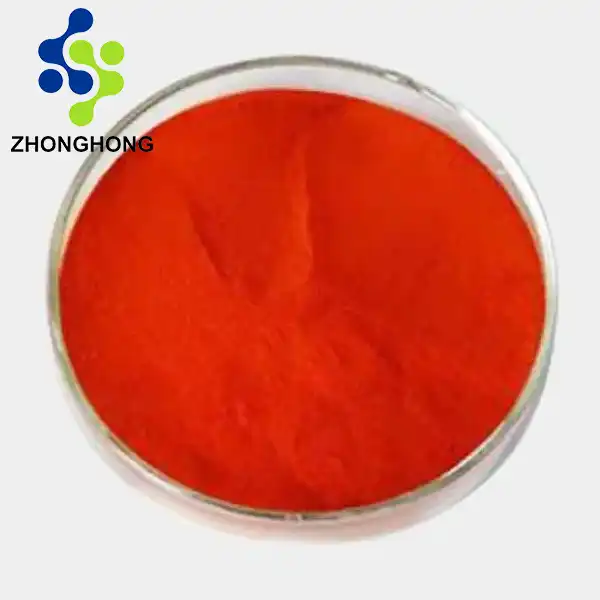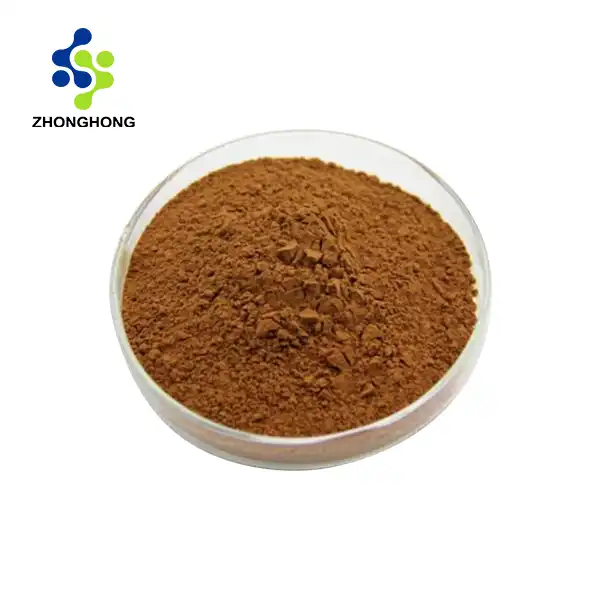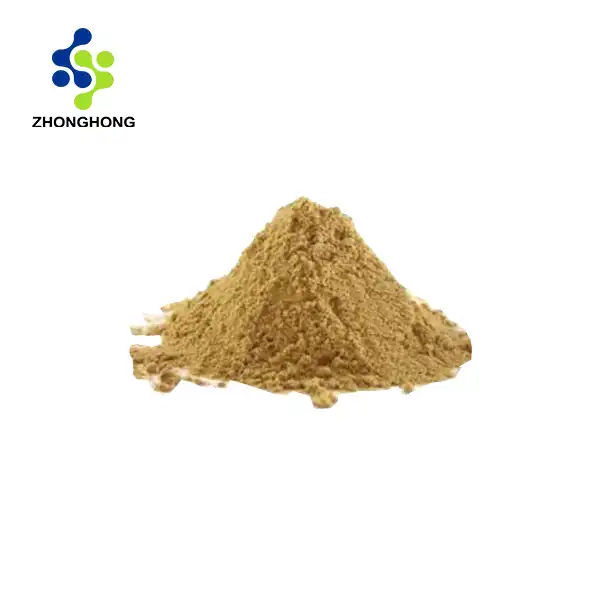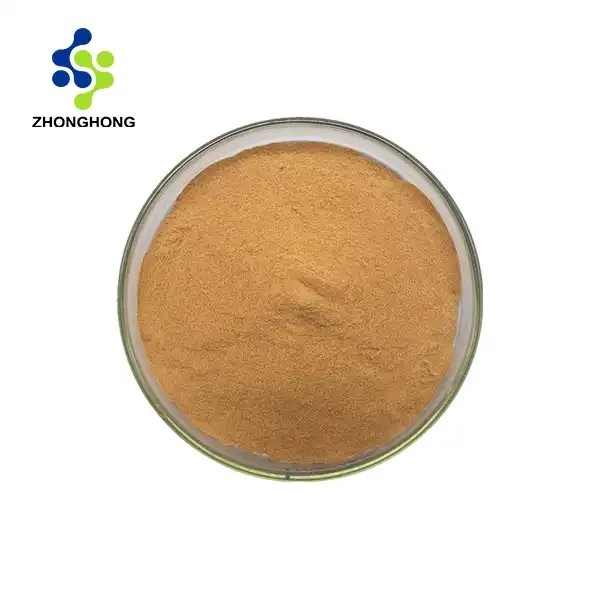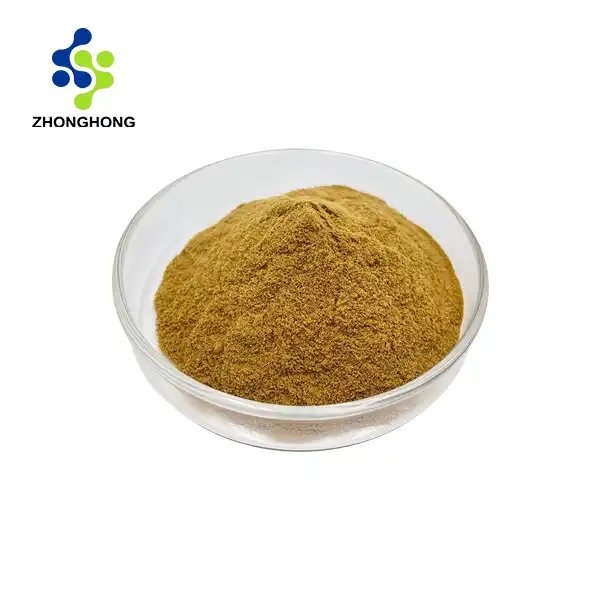Collagen Peptides: Fact or Fiction?
The Science Behind Collagen Peptides
Collagen peptides are short chains of amino acids derived from animal collagen. These bioactive compounds are created through a process called hydrolysis, which breaks down larger collagen molecules into smaller, more easily absorbed fragments. The resulting peptides are believed to have numerous health benefits, particularly for skin, joint, and bone health.
How Collagen Peptides Work in the Body?
When ingested, collagen peptides are absorbed into the bloodstream and distributed throughout the body. They may stimulate the production of new collagen and other extracellular matrix proteins, potentially improving skin elasticity, joint function, and bone density. However, it's important to note that the exact mechanisms of action are still being studied.
The Role of Collagen in Aging
As we age, our bodies naturally produce less collagen, leading to visible signs of aging such as wrinkles, sagging skin, and joint discomfort. Collagen peptide supplementation aims to counteract this decline by providing the body with the building blocks it needs to maintain healthy tissues. While the concept is promising, the effectiveness of oral collagen supplements varies among individuals.
Can Collagen Peptides Really Reduce Wrinkles?
Clinical Studies on Skin Improvements

Several studies have investigated the effects of collagen peptides on skin health. A 2019 systematic review published in the Journal of Drugs in Dermatology found that oral collagen supplementation may improve skin hydration, elasticity, and dermal collagen density. However, more long-term, large-scale studies are needed to confirm these findings conclusively.
The Importance of Consistency and Dosage
For those considering collagen peptide supplementation for skin benefits, consistency is key. Most studies showing positive results used daily supplementation for 8-12 weeks or longer. The optimal dosage can vary, but many studies have used 2.5-10 grams of collagen peptides per day. It's crucial to follow the recommended dosage on product labels or consult with a healthcare professional.
Combining Collagen with Other Skincare Practices
While collagen peptides may offer skin benefits, they should be viewed as part of a comprehensive skincare routine. Protecting your skin from sun damage, maintaining a healthy diet, staying hydrated, and using topical skincare products can all contribute to healthier, more youthful-looking skin. Collagen supplementation should complement, not replace, these essential practices.
Top Myths About Collagen Peptides and the Truth
Myth 1: All Collagen Sources Are Equal
Truth: Not all collagen sources are created equal. Collagen can be derived from various animal sources, including bovine (cow), porcine (pig), marine (fish), and poultry. Each source has a unique amino acid profile and may offer different benefits. For example, marine collagen is often praised for its high bioavailability and sustainability, while bovine collagen is rich in types I and III collagen, which are abundant in human skin.
Myth 2: Topical Collagen Products Can Replace Oral Supplements
Truth: While topical collagen products can provide temporary skin benefits, they cannot penetrate deep enough to stimulate significant collagen production. The collagen molecules in creams and serums are typically too large to be absorbed effectively through the skin. Oral collagen peptides, on the other hand, can be absorbed into the bloodstream and potentially stimulate collagen production from within.
Myth 3: Collagen Peptides Are Only for Women
Truth: Collagen peptides can benefit both men and women. While marketing often targets women for beauty benefits, collagen plays a crucial role in various bodily functions for all genders. Men can benefit from collagen supplementation for joint health, muscle recovery, and overall skin health. As collagen production decreases with age regardless of gender, both men and women may find value in collagen peptide supplements.
Conclusion
Collagen peptides offer promising benefits for skin health, joint function, and overall well-being. While more research is needed to fully understand their effects, current evidence suggests that they may be a valuable addition to a healthy lifestyle. As with any supplement, it's essential to approach collagen peptides with realistic expectations and consult with a healthcare professional before starting a new regimen. If you want to get more information about this product, you can contact us at liaodaohai@gmail.com.
_1728976869676.webp)
